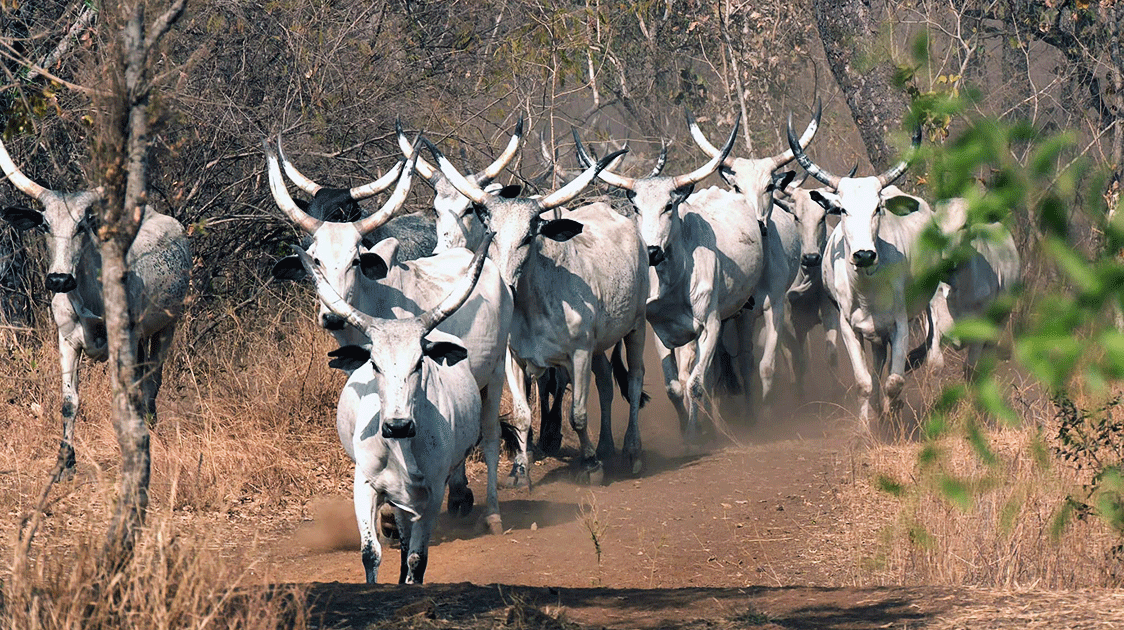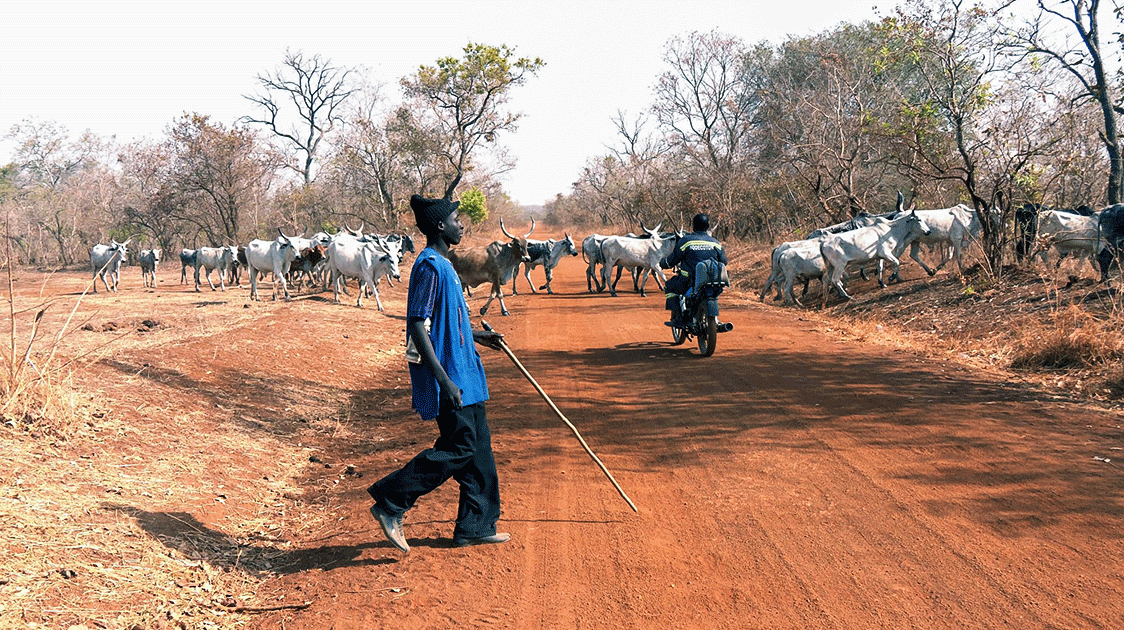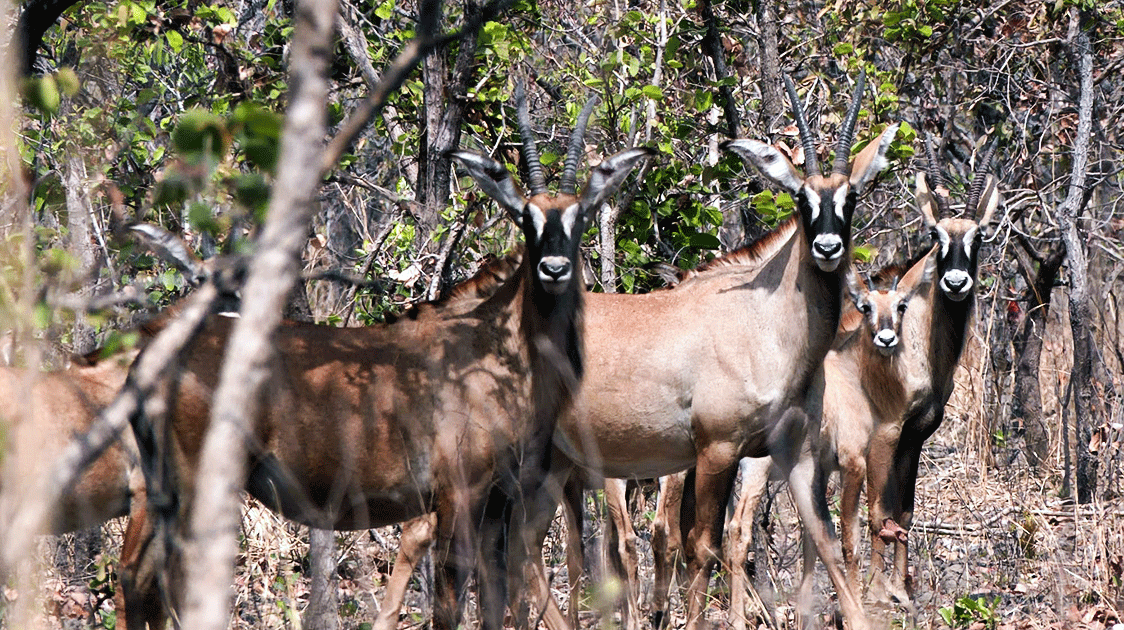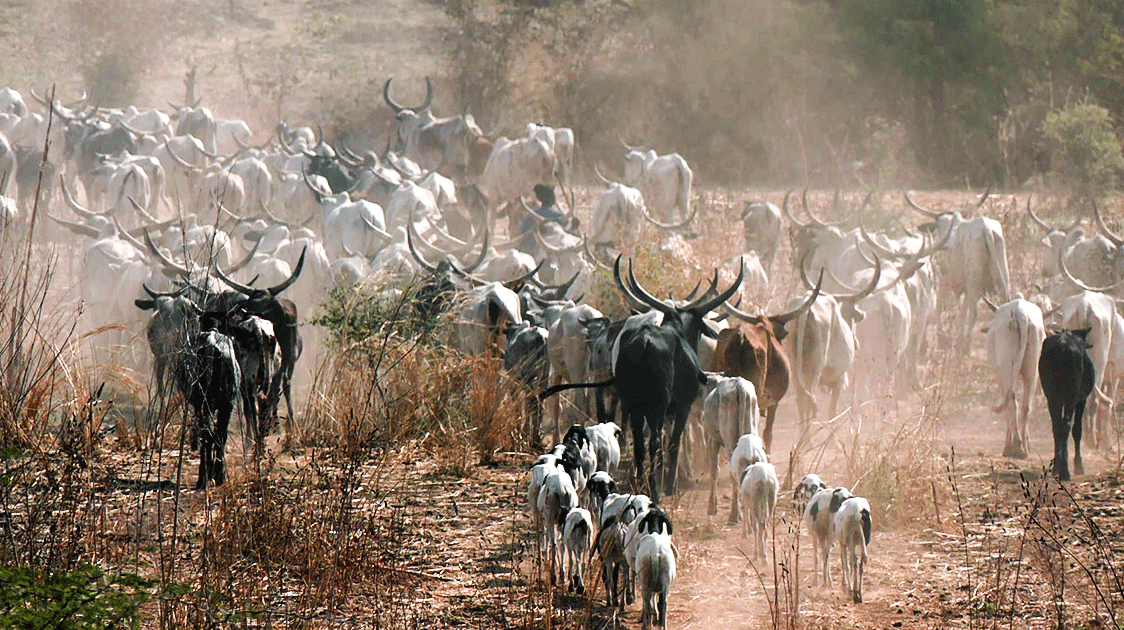The Mbororo Nomadic Pastoralists

Nomadic pastoralists—people who move seasonally with their livestock in search of pasture and water—have been marginalized and ostracized by more sedentary populations for centuries. This phenomenon can be attributed to various social, economic, environmental, and political factors.
Nomadic pastoralists require large tracts of land, which they view as a communal resource to be shared, to move with their herds. This brings them into contact with settled agricultural communities, who view them as trespassers, leading to conflicts over grazing areas and water resources.
The Mbororo people, a nomadic cattle-herding group, are an offshoot of the Fulani tribe from Nigeria that drifted into the borderlands of Cameroon and neighboring areas of the Central African Republic, Chad, and the Democratic Republic of Congo in the 1980s.

There are an estimated 1 million Mbororo, and their movements across the region significantly impact wildlife conservation, particularly in and around protected areas.
The key impacts include:
- Overgrazing: The Mbororo's large herds of cattle require extensive grazing land, which can lead to overgrazing in areas that are also crucial habitats for wildlife, especially the Lord Derby eland. Overgrazing depletes vegetation, reduces biodiversity, and can lead to soil erosion, ultimately degrading the environment.
- Encroachment into Protected Areas: As available grazing land becomes scarce due to population pressure and environmental changes, the Mbororo often move their cattle into protected areas. This encroachment disrupts wildlife habitats, interferes with conservation efforts, and can lead to conflicts with park authorities.

- Predation on Livestock: Wildlife, particularly predators like lions and hyenas, often prey on Mbororo cattle. In retaliation, herders may poison or kill these predators, leading to a decline in their populations. This direct conflict between livestock protection and wildlife conservation is a significant challenge.
- Competition for Water and Resources: Both wildlife and cattle compete for water resources, especially during the dry season. This competition can lead to the displacement of wildlife and increased stress on ecosystems.
Resistance to Conservation Regulations: The Mbororo have historically resisted conservation regulations restricting their access to traditional grazing lands. This resistance stems from a need to maintain their livelihood and cultural practices, leading to tensions with conservation authorities.
Conservation Initiatives and Challenges:
- Community-Based Conservation: Some conservation initiatives in Northern Cameroon have attempted to involve the Mbororo in community-based conservation projects. These projects aim to balance the Mbororo's needs and wildlife conservation goals, promoting sustainable land use practices.
- Challenges: The success of these initiatives is often limited by a lack of trust between the Mbororo and conservation authorities and the economic pressures pushing herders to prioritize cattle grazing over conservation efforts.

The relationship between the Mbororo people and wildlife conservation in Northern Cameroon is complex and often contentious. While their traditional cattle-herding practices can negatively impact wildlife and habitats, there is also potential for integrating their knowledge and practices into conservation strategies.
Achieving a sustainable balance between the Mbororo people's needs and wildlife conservation goals will require ongoing dialogue, cooperation, and innovative land and resource management approaches.
- Mbonwoh, N. N. (2010). The Role of Local Communities in Wildlife Management in Northern Cameroon: A Case Study of the Waza-Logone Region. University of Yaoundé.
- Bauer, H., & Kari, S. (2001). Assessment of people-predator conflict through thematic PRA in the surroundings of Waza National Park, Cameroon. Oryx, 35(4), 356-364.
- Moritz, M. (2006). Changing Contexts and Dynamics of Farmer-Herder Conflicts across West Africa. Canadian Journal of African Studies, 40(1), 1-40.




